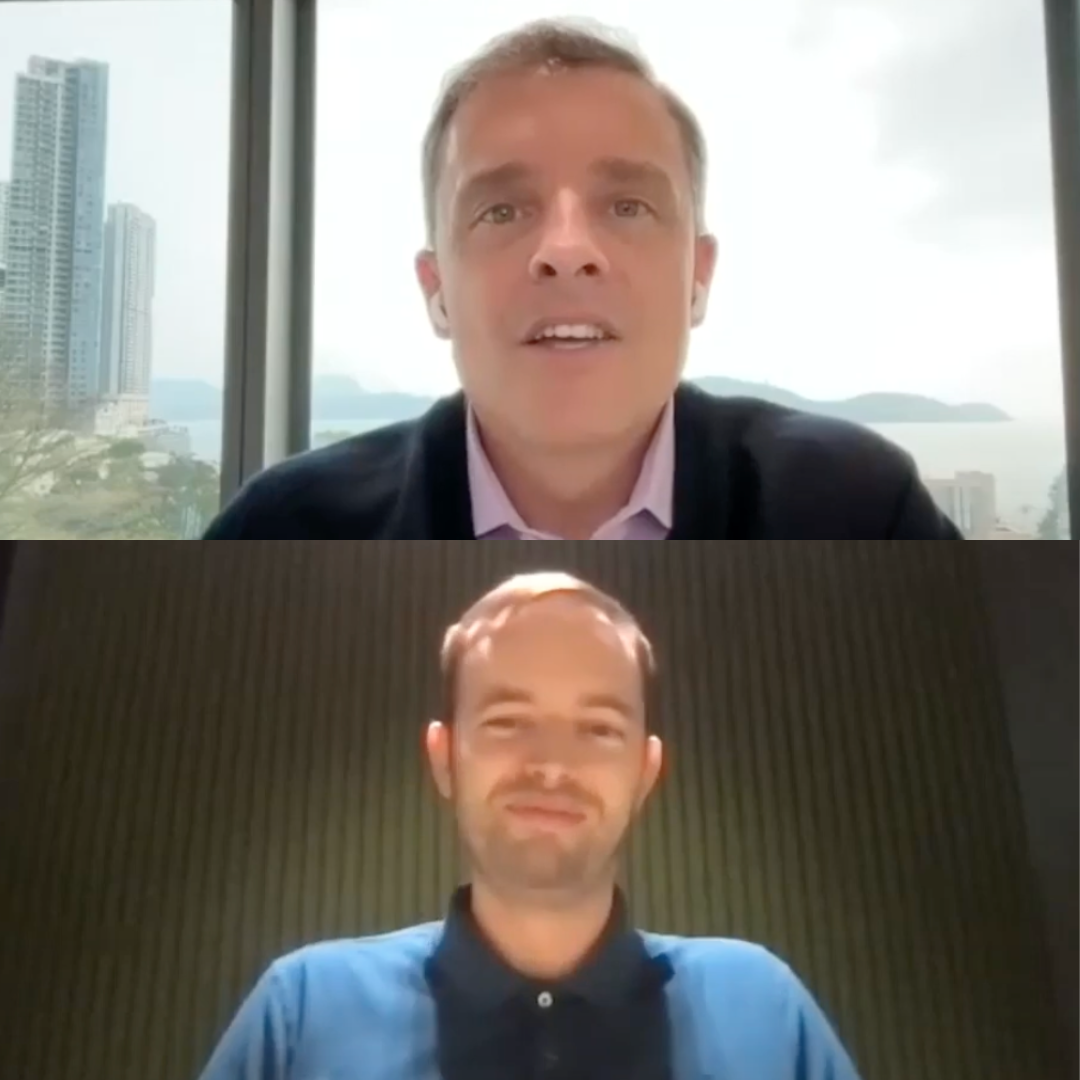|
|
In addition to my monthly missive, I have included in this letter an interview with my colleague, Ewen Bailey, on how to lead effective meetings.
|
View in browser
|
|
|
|
|
I was headed into the men’s room when I noticed a large trash can was on its side. I was bothered by the fact that someone had done that, especially considering it was my friend’s residential complex swimming pool.
What upset me more, though, is what happened when I walked out of the restroom. A lifeguard was walking towards the restroom and I thought, ‘great, that trash can will get turned right side up’. Instead, though, the lifeguard walked right by it.
I immediately tried to imagine why the lifeguard wouldn’t have turned the trash can right-side-up. I assumed the lifeguard didn’t have an explicit responsibility related to that trash can. I also imagined, since he was a teenager and working part time, he didn’t feel accountable for how the pool area was maintained. However, the fact that he didn’t take ownership to address something he wasn’t responsible for, bothered me.
In this moment, the meaning of the words, and more importantly, how to use responsibility, accountability and ownership, seemed so clear. Yet, when I reflect on the numerous times I have heard these words used to express frustration about colleagues, I begin to realize how these words are abused. I begin to think that when others attribute these words to their colleagues, they themselves are not taking ownership of what is frustrating them.
The lifeguard scenario provoked me to wonder:
- What are the working conditions that inspire ownership of results you aren’t responsible for?
- How do you define each of these terms?
- Differentiate them?
- Use them in some form of linear reasoning?
- How can these terms be clearly communicated in a positive way?
Let us unpack these terms and think about how we can not only use them appropriately this school year, but create the conditions under which they inspire a middle leader to take ownership of their team’s performance.
Click the link below to read the full article:
|
|
|
Responsibility, Accountability and Taking Ownership
Teachers take ownership when they feel safe and trusted to share their views and test their assumptions.
|
|
|
|
|
|
|
|
|
|
In addition to my monthly missive, I have included in this letter an interview with my colleague, Ewen Bailey, on how to lead effective meetings. I have also included some articles with very practical leadership advice.
Lastly, please consider joining me in my upcoming Middle Leadership Peer Learning Communities, Getting Promoted and New to Leadership.
|
|
|
|
Have a great school year and I hope to see you online or at one of the many conferences I am speaking at this year,
|
|

|
|
|
|

|
|
|
Michael
|
|
|
|
|
|
If you want to share this newsletter in whole or in part with friends and colleagues please identify the author, Michael Iannini.
|
|
|
|
|
|
|
|
Interviews with Education Influencers
|
|
|
|

|
|
Michael interviews Ewen Bailey, formerly the Director of Teaching and Learning at Suzhou Singapore International School (SSIS), about developing middle leaders to be effective meeting facilitators.
|
|
|
|
|
| Middle Leaders - Getting Promoted |
+
|
|
|
|
| Middle Leaders - New to Leadership |
+
|
|
|
|
| Managebac: Learning Management Conference |
+
|
|
|
|
| EARCOS Leadership Conference |
+
|
|
I am really excited to have been invited back to this incredible leadership conference. I will be leading workshops on Delegation, Mentoring and on how to inspire all staff to lead, especially those without a title. Learn more: https://earcos.org/conferences.php#. |
|
|
|
|
|
|
|
|
|
Yes, Loom would be a great tool for teacher leaders to keep their teams informed and ensure that face-to-face meetings are focused on teaching and learning.
Less Doing and More Learning: The Art of Unburdened Leadership
Leadership is learning, not doing. Leading is doing, but without learning, the risk of failure increases greatly.
How to Disagree Productively
No surprise here. If you enter into a disagreement with the intention to learn, you will most likely walk away with a better understanding of not only the problem, but the other person as well.
Research: Your Love for Work May Alienate Your Colleagues
Often, a Middle Leaders passion to do their job well may cause them to make unfair assumptions about others who don’t share the same passion.
|
|
|
|
MiddleLeader
Units 901-903, Core C, No. 100 Cyberport Road, Cyberport, Hong Kong
|
|
You received this email because you signed up on our website or made a purchase from us.
|
|
|
|
|
|

|
|
|